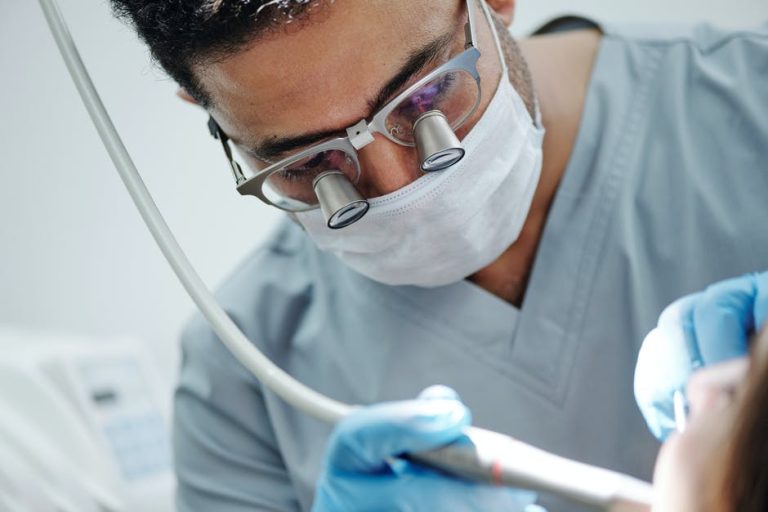Dental Reconstruction: What to Know About Dental Implants

Are you currently dealing with an exposed tooth root? Perhaps you have one or multiple missing teeth. Visiting a dentist regularly might not be enough anymore. You need a more permanent solution.
A solution comes in the form of dental reconstruction and dental implants. Keep reading below to learn more about both subjects and how they can improve your oral health!
Table of Contents
Types of Implants Available and What They Can Accomplish
Implants come in three main categories regarding size and shape. Standard, mini, and subperiosteal implants are available to restore an adult’s natural tooth roots. Standard implants is the most common and often works best when there is enough jawbone and gum tissue to support the implant.
Mini implants are the smaller version of the standard and it’s only used when less space is available. While subperiosteal implants are placed above the jawbone but below the soft tissue. It is used when there is a lack of jawbone needed for standard and mini implants.
All types of implants can retain dentures or support bridges and crowns. It can replace individual missing teeth or multiple teeth without sacrificing the surrounding good teeth.
Reasons for Considering Dental Implants
Implants can improve aesthetics and better facial structure. They provide strong, stable, and permanent support for prosthetic teeth. The implants allow them to look and function like natural teeth.
Implants also offer better oral health, reducing the risk of decay, as well as protecting against tooth loss. They can also improve speech and chewing, while greatly boosting self-confidence. They’re also much easier to maintain than other methods of dental reconstruction.
Preparing and Recovering From Dental Surgery
During this appointment, the dentist will evaluate the individual’s oral health and determine the best type of implant to use. An X-ray and imaging of the jawbone will be taken for better planning and placement of the implant.
Once the site has been determined, a customized implant will be surgically placed into the jawbone. To reduce discomfort and the risk of infection, antibiotics may be prescribed prior to the procedure. Recovery time after dental implant surgery can vary from patient to patient, but it generally takes about four to six weeks.
After the surgery, swelling and discomfort can happen which can be managed through over-the-counter pain medications and cold packs. Following the dentist’s instructions is essential during the recovery period, such as proper oral hygiene and avoiding certain foods.
Taking Care of Dental Implants
There are potential risks associated with the procedure, including infection, bone loss, nerve injury, and damage to nearby teeth. The best way to avoid these risks is to practice good dental hygiene and keep regular dental appointments.
Patients should brush and floss twice a day and use an antiseptic mouthwash daily. Good oral hygiene helps prevent infection and bone loss. It is also important to visit your local dentist office on a regular basis.
Early detection and treatment of dental problems can reduce the risk of implant failure. It is also important to make sure that your dentist has the proper credentials and experience when it comes to dental implant reconstruction.
Learn More About Dental Reconstruction Today
Dental reconstruction can greatly improve your quality of life. It is the safest and most permanent solution available on the market today. Speak to your dentist to better understand dental implant options and determine the best course of action for you.
Get back to smiling with confidence again with dental reconstruction!
Did you find this article helpful? Visit more of our blogs!





